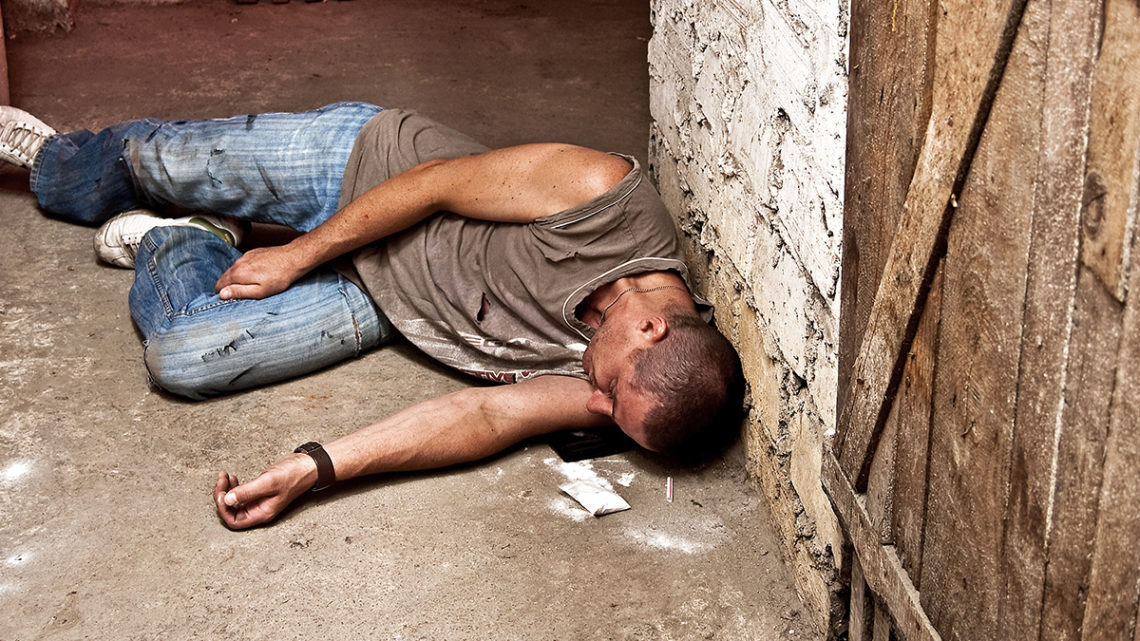ON June 26th, the world unites for World Drug Day. This year’s theme calls for science-based drug policies that prioritise human rights and compassion. Tackling drug abuse requires a deep understanding of its social, economic, and health impacts.
World Drug Day mobilses communities around the world to tackle the challenges of drug abuse. By raising awareness of the dangers of illicit substances and promoting evidence-based prevention strategies, this global campaign empowers people to fight addiction and dismantle the illegal drug trade.
Cannabis, heroin, and opium are still the most common illegal drugs in India. But there’s a worrying rise in meth use and people injecting drugs. UN reports say 1 million people use heroin, but unofficial numbers suggest it’s 5 times higher. This makes it even harder to tackle this health problem.
A 2019 survey, National Survey on Extent and Pattern of Substance Use in India found that over 2 crore people use opioids, including heroin, in India.
“Drugs are at the root of immeasurable human suffering. Drug use eats away at people’s health and wellbeing. Overdoses claim hundreds of thousands of lives every year. Meanwhile, synthetic drugs are becoming more lethal and addictive, and the illicit drug market is breaking production records, feeding crime and violence in communities around the world. At every turn, the most vulnerable people — including young people — suffer the worst effects of this crisis. People who use drugs and those living with substance abuse disorders are victimized again and again: by the drugs themselves, by stigma and discrimination, and by heavy-handed, inhumane responses to the problem,” said António Guterres, the Secretary-General in his message on the occasion.
How Drug Addiction Shatters lives in India
Drug addiction shatters lives beyond the addict. Families face a wave of social shame, mental strain, and financial hardship. The burden can be overwhelming, leaving them feeling helpless and hopeless. Especially when the addict is the family’s financial pillar, the struggle to make ends meet becomes even more dire.
But can we blame the drug addict as being fallen for a “bad habit? Forget “bad habit” – addiction is a real illness. People with addictions can’t just stop, even if they want to. It’s like a chronic disease you need help managing. Addicts are people who need treatment, not judgment.
Winning the fight against drug abuse requires a multi-pronged approach:
- Break the silence: Educate people about the true dangers of drugs, not just for the individual, but for families, workplaces, and society. We also need to end the stigma surrounding addiction so people can seek help without shame.
- Empower changemakers: Train and equip professionals to tackle this issue effectively.
- Knowledge is power: Invest in research and data collection to stay ahead of new trends and develop better strategies.
- Support, not punishment: Offer comprehensive community-based services that guide people through recovery, from identification and motivation to counseling, rehabilitation, and aftercare. This holistic approach helps people reclaim their lives.
Combating drug addiction requires a two-pronged attack. Law enforcement’s increased efforts to disrupt supply chains and apprehend traffickers are crucial. However, long-term solutions lie in the hands of NGOs. Working at the community level, they educate individuals about the dangers of drugs, offer support to addicts seeking recovery, and promote reintegration into society. Only through this combined approach can we truly break the cycle of addiction.

Kumara was a professional journalist for over 15 years, with stints in The Telegraph and Reader’s Digest. He grew up hating maths and physics. He is a post-graduate in history. Kumara believes that cricket and Seinfeld have answers to most questions that life throws at you.
Discover more from
Subscribe to get the latest posts sent to your email.

